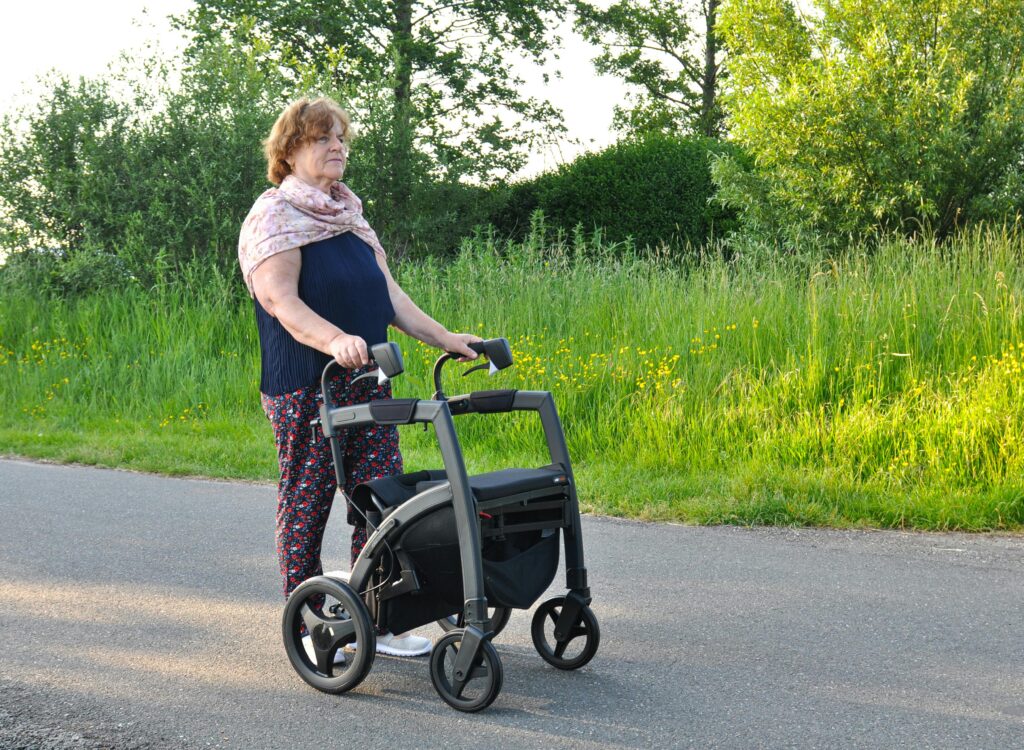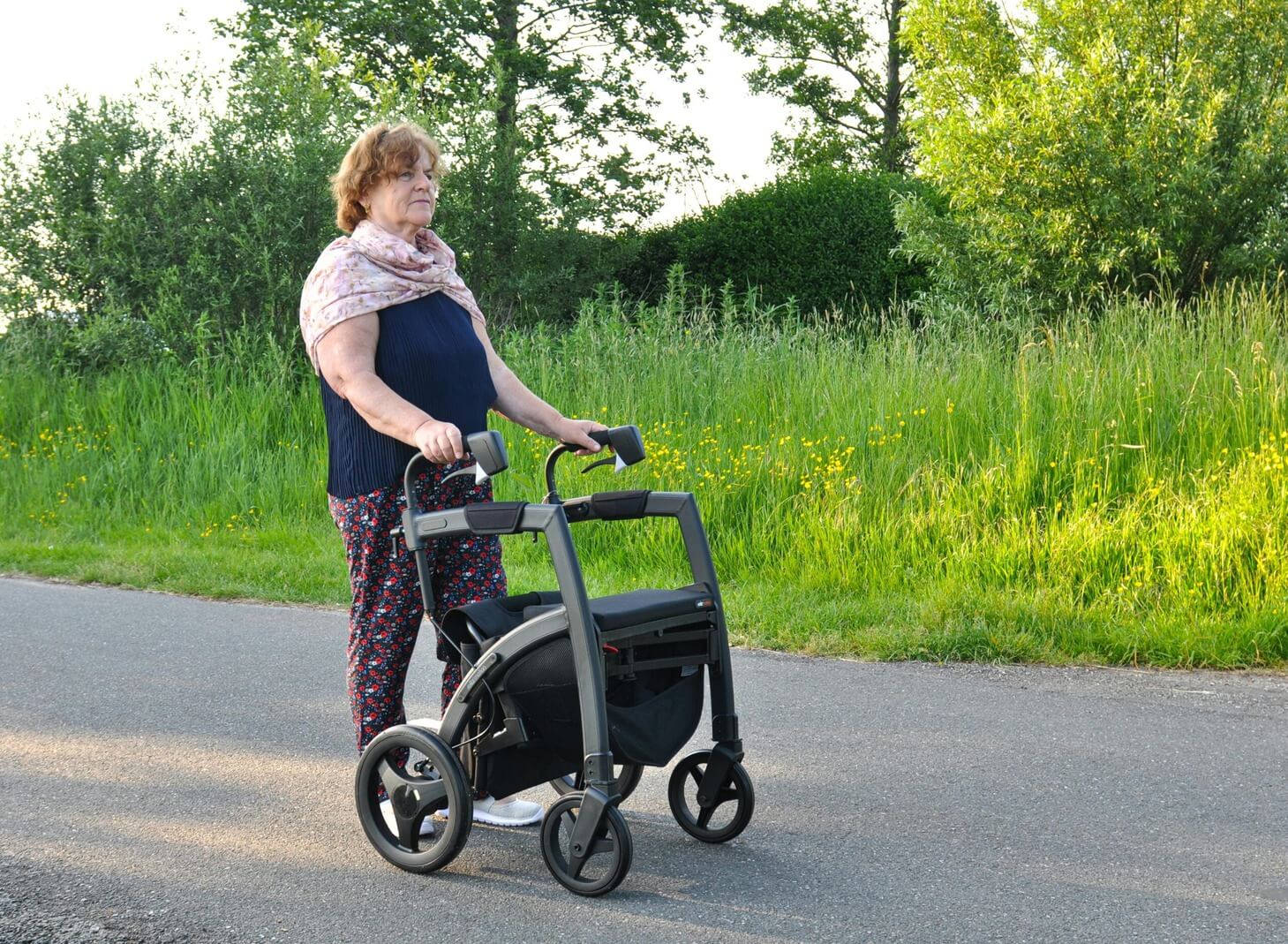How Medical Cannabis Can Help with Parkinson’s Disease
Mamedica is committed to exploring how medical cannabis can provide an effective treatment for Parkinson’s, helping to ease some of the most challenging aspects of the disease.
Parkinson’s disease is a progressive neurological condition that affects an estimated 145,000 people in the UK alone. Characterised primarily by tremors, muscle stiffness, and slowed movement, the condition can gradually erode a person’s independence, affecting both motor function and a person’s overall quality of life. While conventional treatments – such as dopamine-replacement therapies – can help manage symptoms, they are not a cure and often come with diminishing returns over time.
The emergence of evidence supporting the use of medical cannabis to treat Parkinson’s is an encouraging development for millions. Mamedica is committed to exploring how medical cannabis can provide an effective treatment for Parkinson’s, helping to ease some of the most challenging aspects of the disease.

Understanding Parkinson’s Disease
Parkinson’s disease originates in a part of the brain called the substantia nigra. This region is responsible for producing dopamine, a chemical messenger crucial for smooth and coordinated muscle movements. As Parkinson’s disease develops, dopamine-producing neurons in the substantia nigra degrade and die, leading to notable symptoms: resting tremor, rigidity, bradykinesia (slowness of movement), and postural instability.
Beyond the physical challenges, many people living with Parkinson’s also experience mood disorders such as anxiety and depression, disturbed sleep, memory issues, and pain from muscle cramps or stiffness.
While current traditional medications often focus on boosting dopamine levels or mimicking its effects, these treatments don’t stop the progression of the disease. That’s where medical cannabis can offer additional benefits.

The Role of Medical Cannabis
Cannabis contains over 100 cannabinoids, the most well-known being THC (tetrahydrocannabinol) and CBD (cannabidiol). These compounds interact with the body’s endocannabinoid system, which is a key player in the regulation of functions such as pain perception, mood, sleep, and movement.
Research and patient reports suggest that medical cannabis may be particularly effective in managing some of the non-motor symptoms of Parkinson’s that are often harder to treat, including:
- Tremors and muscle cramps: Research and evidence suggests that cannabis can help reduce the frequency and intensity of tremors and cramps. While more research is needed, some patients report greater ease of movement and reduced muscle rigidity after using cannabis-based medicines.
- Pain relief: Parkinson’s-related pain often stems from muscle stiffness and involuntary movements. Cannabinoids have been shown to reduce neuropathic and musculoskeletal pain, making them a potentially valuable tool for symptom relief.
- Improved sleep: Many people with Parkinson’s struggle with insomnia, vivid dreams, or disrupted sleep cycles. Medical cannabis – particularly strains high in CBD – may help promote deeper, more restful sleep.
- Mood stabilisation: Anxiety and depression can significantly affect people with Parkinson’s, often exacerbating physical symptoms. Medical cannabis has shown promise in stabilising mood and reducing anxiety without the side effects sometimes associated with antidepressants or sedatives.

Patient Outcomes and Emerging Evidence
As research and studies emerge, we’re seeing an influx of patients who have used cannabis-based treatments for Parkinson’s Disease, reporting improvements in key areas such as tremor control, muscle rigidity, pain, sleep quality, and mood regulation. These findings are supported by small-scale clinical trials and surveys, which indicate that cannabinoids may help reduce the severity of both motor and non-motor symptoms associated with Parkinson’s. Though more large-scale, controlled studies are needed, the growing body of evidence suggests medical cannabis could serve as a valuable alternative or complement to conventional treatment methods.
Could Medical Cannabis Help You or a Loved One?
If you or someone you care about is living with Parkinson’s and struggling with symptoms that aren’t successfully managed by conventional treatments, medical cannabis could offer an additional layer of relief.
To find out if you, a loved one, or a patient may be eligible for medical cannabis treatment, take our simple 60-second eligibility test. It’s quick, confidential, and could be the first step toward improving quality of life.










